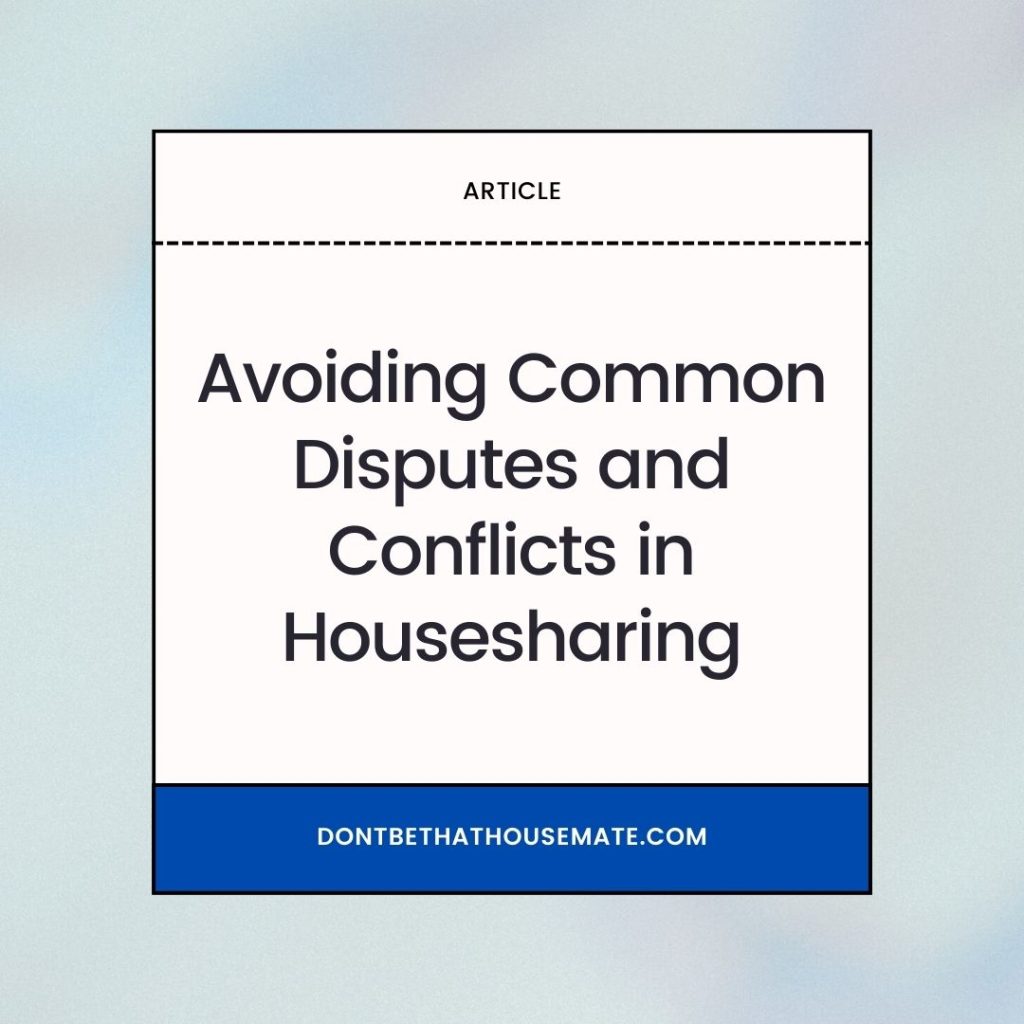
Housesharing is a great way for people to save money and share resources with housemates, but it can also be a source of conflicts and disputes. To avoid these conflicts, it’s essential to communicate clearly and understand each other’s expectations before moving into a shared housing space. In this article, we’ll discuss five common disputes that house-sharing residents face and how to prevent them.
Communication is Key
Before signing a lease or moving in with housemates, it’s essential to have an open conversation about expectations and responsibilities. This includes discussing rules for shared spaces such as noise levels, cleanliness standards, and pet policies.
It’s also important to establish boundaries between personal items and communal items to avoid misunderstandings and prevent theft. Communicate these expectations clearly and ask questions if needed.
Understand Your Housemates
Take the time to get to know your housemates’ interests, habits, and preferences before you move in together. This can help prevent conflicts like music taste disputes or cleanliness disagreements.
Schedule regular check-ins with your housemates to maintain open communication and address any issues early on.
Share Responsibilities
Everyone should have a fair share of the workload when it comes to maintaining shared spaces, such as cleaning common areas or taking out the trash. It’s essential to establish a schedule and ensure everyone follows through with their responsibilities.
Consider using tools like online scheduling apps or whiteboards to keep track of shared tasks and deadlines.
Set House Rules
Establishing house rules can help prevent conflicts related to personal preferences, such as noise levels or cleanliness standards. It’s essential to have clear expectations in place before these disagreements arise.
Consider using a collaborative platform like Google Docs or Trello to create shared house rules and make sure everyone is on the same page.
Establish House Rules for Pets
If you have pets living with you, it’s essential to establish house rules related to pet care and cleanliness. This can help prevent conflicts related to noise or mess caused by pets.
Conclusion
By implementing these steps and communicating effectively with your housemates, you can avoid common conflicts like noise disputes and cleanliness disagreements in house-sharing.

